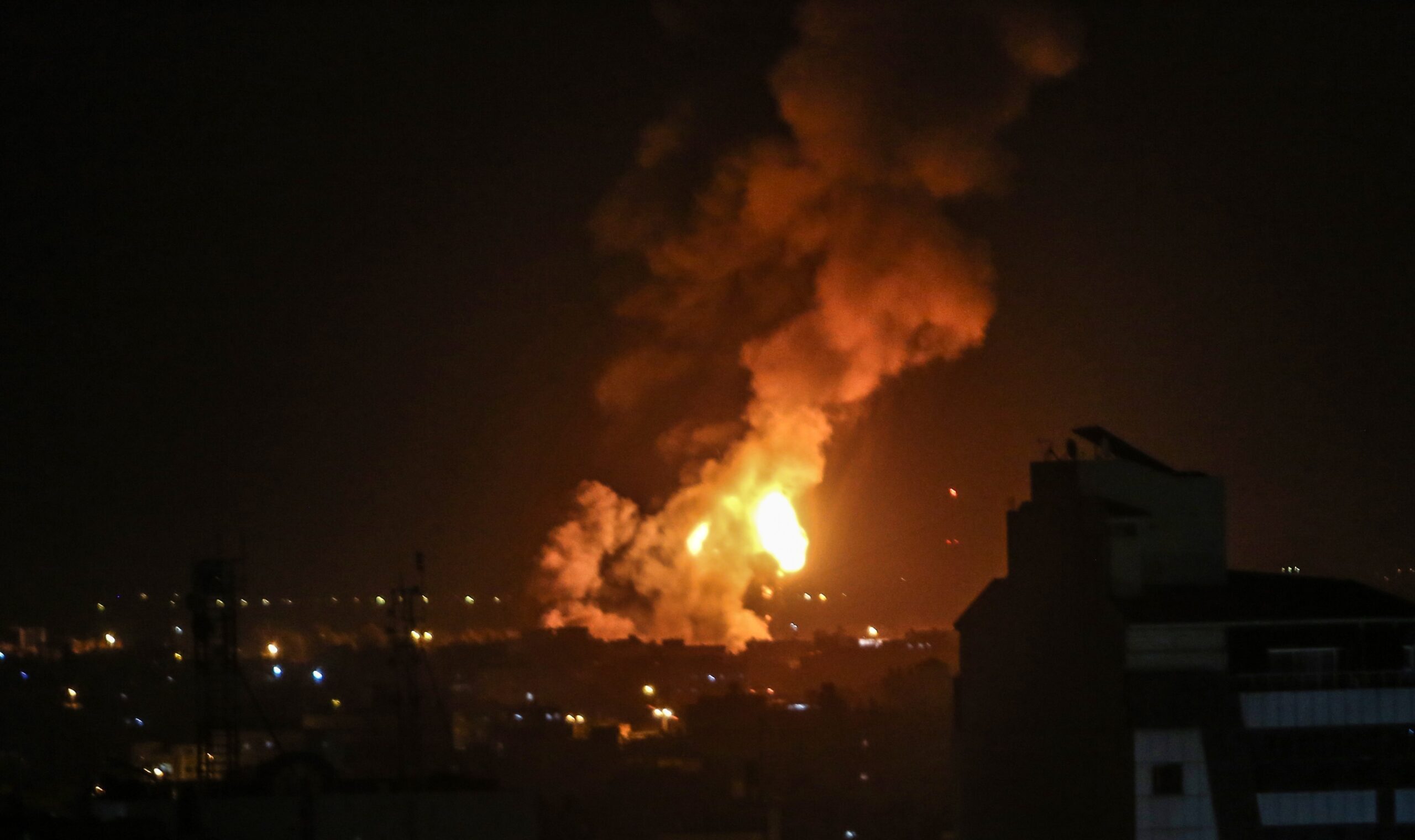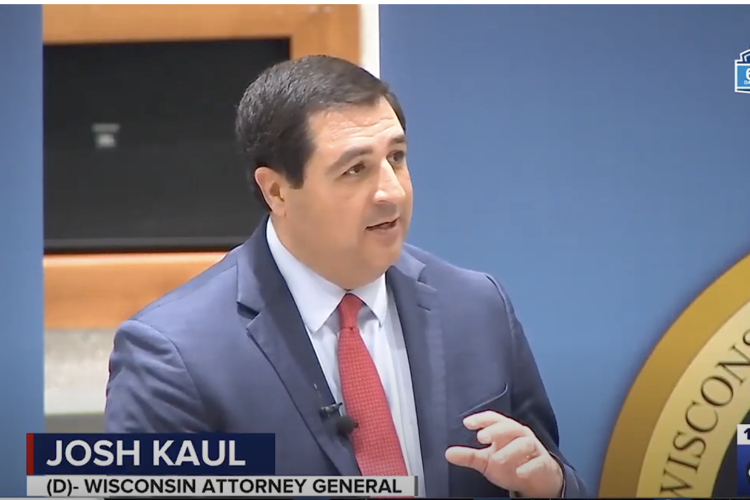
“Every civilization that has ever existed has ultimately collapsed,” Henry Kissinger once noted, in the most Kissingerian tones imaginable. “History is a tale of efforts that failed, or aspirations that weren’t realized. So, as a historian, one has to live with a sense of the inevitability of tragedy.” What the most famous realist of American diplomatic history did not add is that, more often than not, the failure stems from a combination of sheer hubris, mediocrity, and idealism—and that no amount of tinkering on the edges can solve the problem that all those qualities are, in the U.S., byproducts of the strangest, arguably most toxic combination of hegemony and mass democracy in any regime in history anywhere.
This is not some random philosophical musing. Lately with the drumbeats of conflict rising again in the Middle East, I have been told to “trust the plan,” whatever it is. No one has told me what the plan is. But, having actually lived through observing rapid changes in the global order, first during Kosovo, then in Iraq and Libya, color me skeptical. I don’t share the optimism about mass prudence. It is easy to perform a mea culpa or to be fashionably regretful about supporting a previous ideological crusade, and then proceed to claim that the future one will be different.
I have been fascinated with the conduct of empires in their late stages because they are so multicausal and historically rich: the combination of public apathy, war hysteria led by half-literate and ahistorical midwits, ideologically misaligned elites, structural decline due to complacency and overspending, self-sustaining bureaucratic inertia, and reckless protectorates and alliance entrapment.
In Myths of Empire: Domestic Politics and International Ambition, Jack Snyder wrote why great powers overextend, go insolvent and, eventually, undergo some sort of an imperial collapse. He identified that the three drivers of the behavior are “domino theories” (the idea that one gain would lead to another), offensive advantage, and thinking both allies and adversaries are paper tigers. But his core thesis was one that applies to the United States: domestic politics, particularly by interest groups—foreign lobbyists, military, bureaucracies—often manufacture, promote, and sustain the three ideas that lead to the aforementioned imperial extension, which often goes against the more narrow interest.
A theoretical problem with the U.S. is that it is neither so rational as a smart meritocratic empire nor so socially coherent as a republic. It therefore suffers from the worst of both accompanying instincts. The U.S. lacks the tight hierarchy of an empire; hence, the decision making process suffers from both the manufactured hysteria and ignorant general apathy of a volatile public opinion. Simultaneously, given that the U.S. is in all but name an empire, and the most powerful and unipolar one at that, it also suffers from the disjointed advocacy of foreign interest groups, coupled with bureaucratic inertia and domestic interest groups that sustain themselves by maintaining a toxic status quo.
The smaller protectorates such as Israel and Ukraine understand that. Ukraine knows that the administration’s desire for glory will keep them perpetually entwined to a futile war, even when Ukrainians can, crudely speaking, wreck the chances of a peace talk a day before by blowing up the strategic component of the Russian bomber fleet.
Subscribe Today
Get daily emails in your inbox
Likewise, Israel logically understands that it can expand its frontiers on the back of American hegemony while the conditions are good. It rightly senses an approaching multipolarity and resultant decline and retrenchment of American relative power, as well as American domestic political trends and where they will lead in another two generations.
Unfortunately, we are perhaps entering the terminal phase of this dynamic with another misadventure like Rome’s—this time in Persia after Mesopotamia and Libya. The chief casualty of this dynamic is long-term diplomacy.
But there is more. It is one thing to say “America First.” That term has a strategic coherence and therefore allows both allies and adversaries to plan, trust, and accept redlines. What we are seeing now is “America First—but with a few exceptions.” Given that international politics is anarchical, every state, allies and adversaries, seeks order and equilibrium. No one trusts, or prefers to deal with, a great power that is basically chaotic, revolutionary, hysterical, and incoherent. It didn’t matter in unipolarity, but in an emergent multipolarity it will come back to haunt the U.S. in the next few decades.


